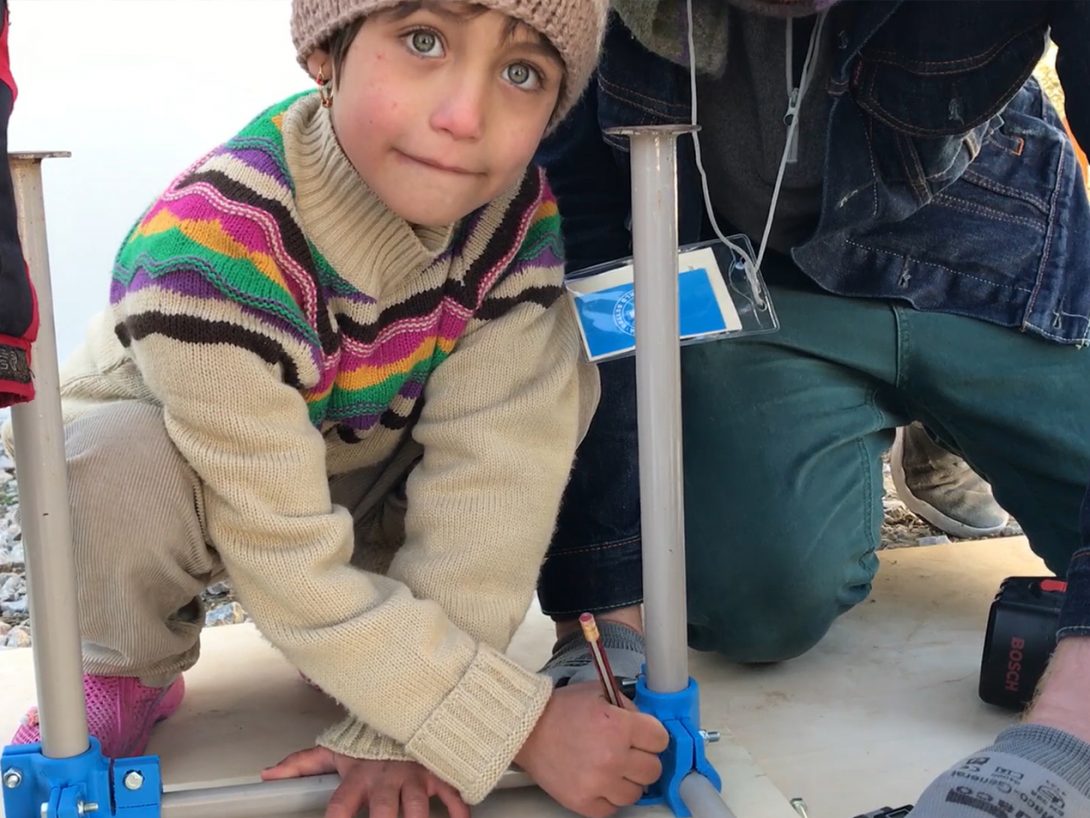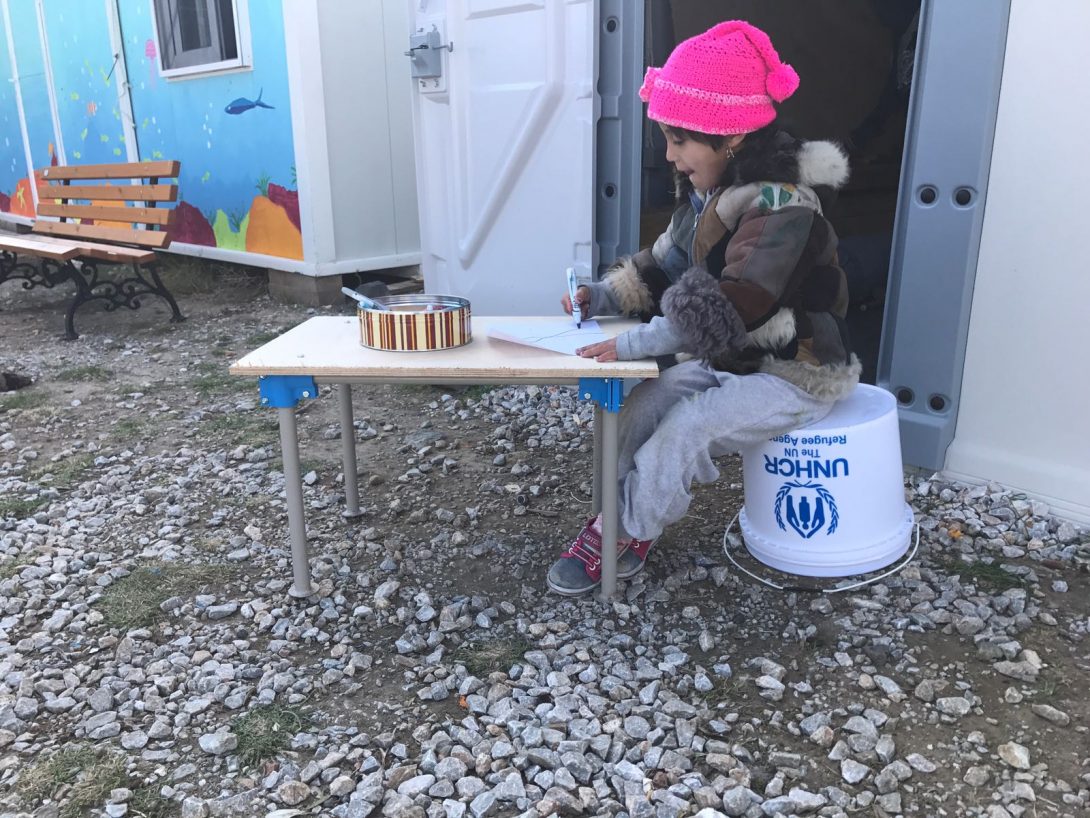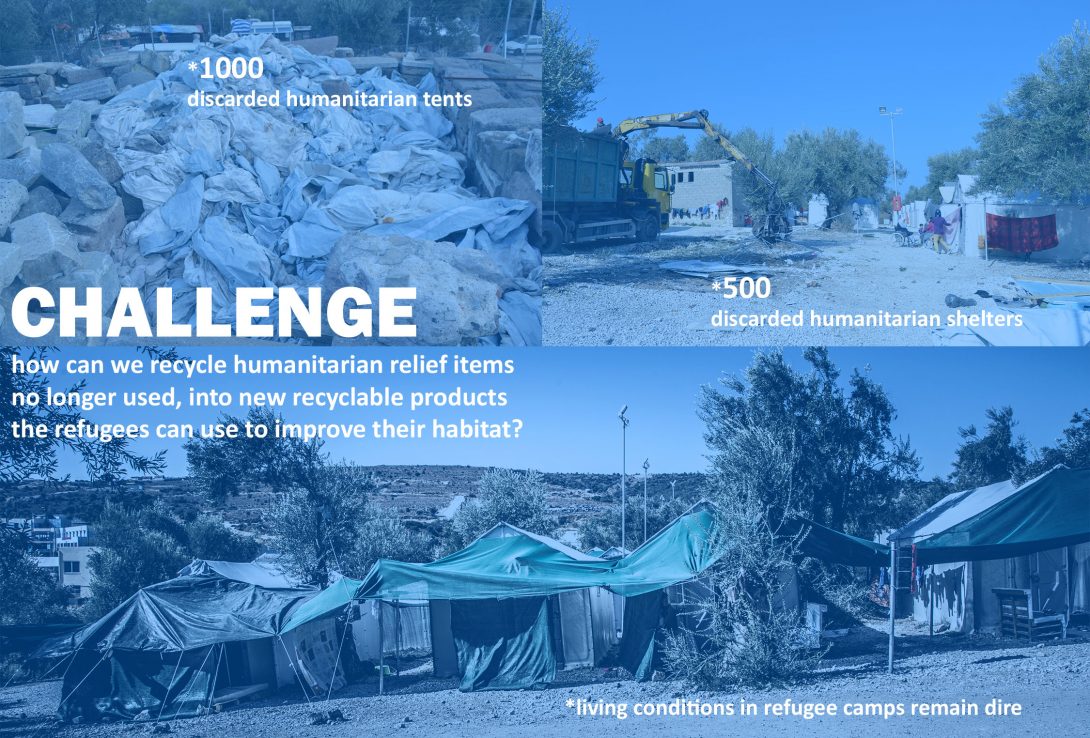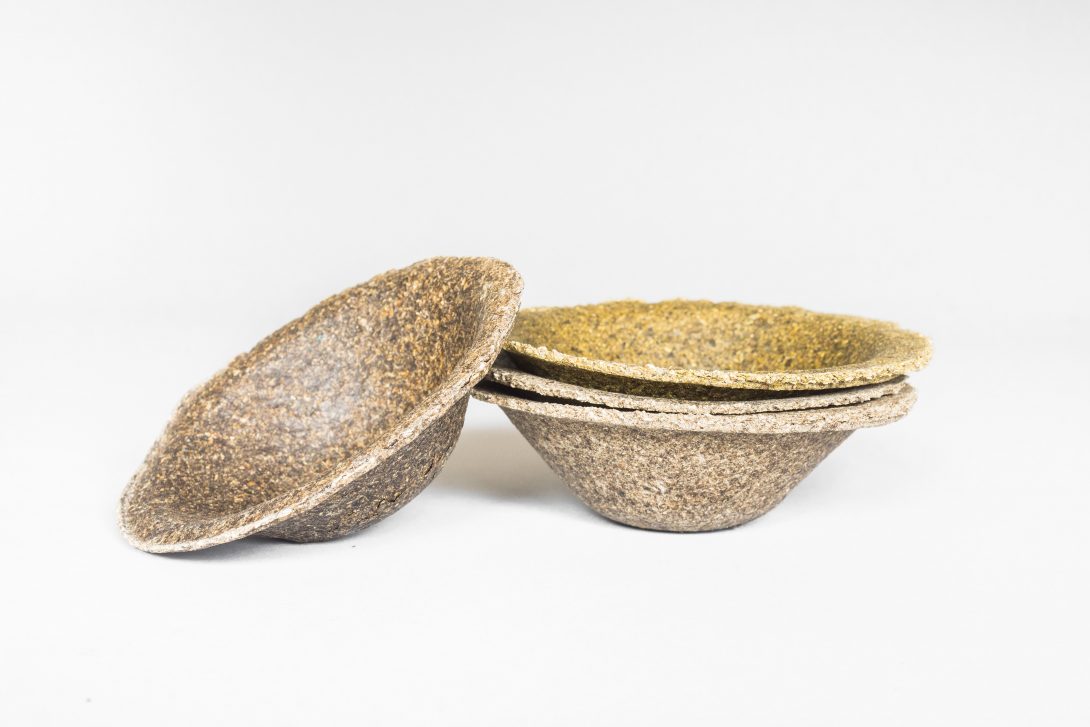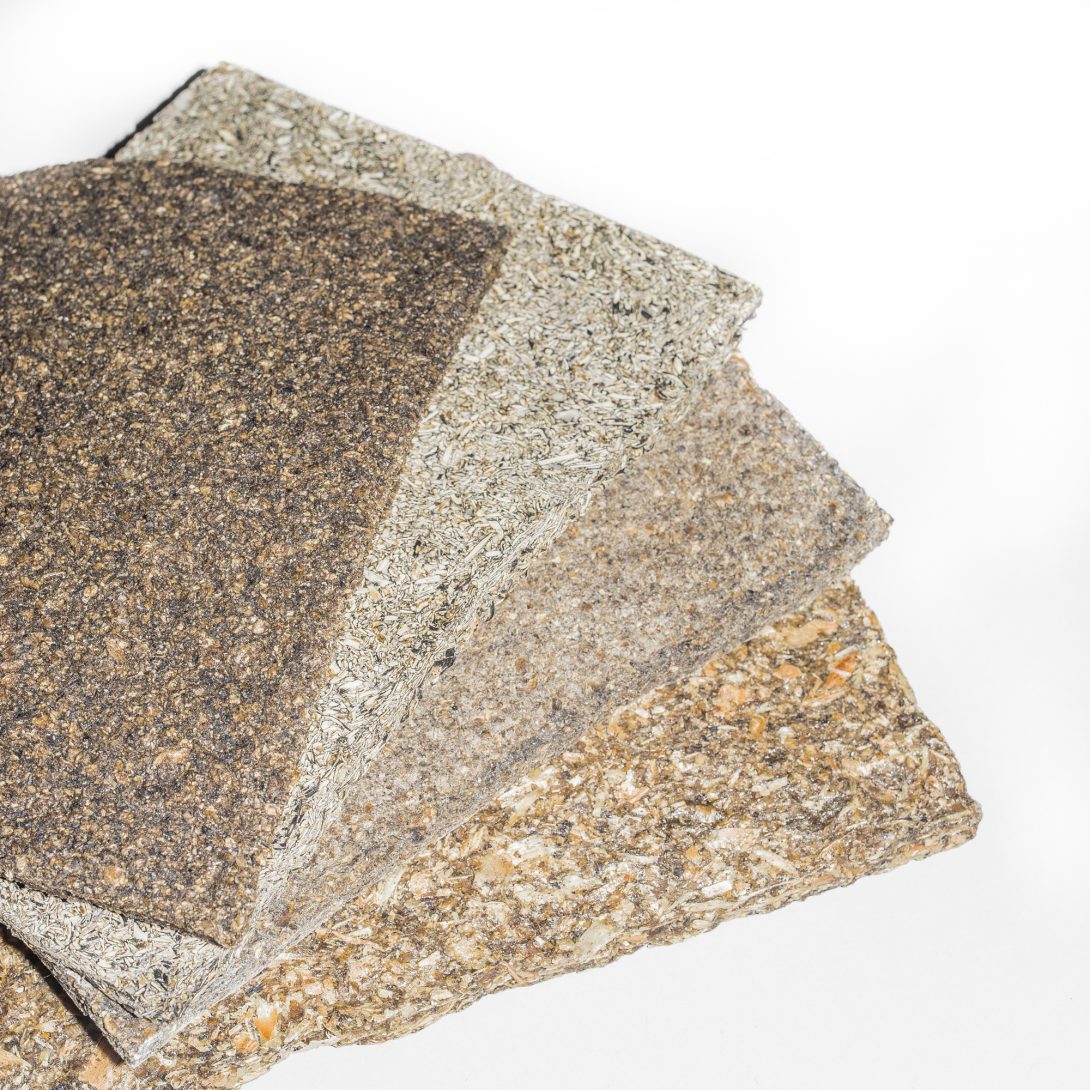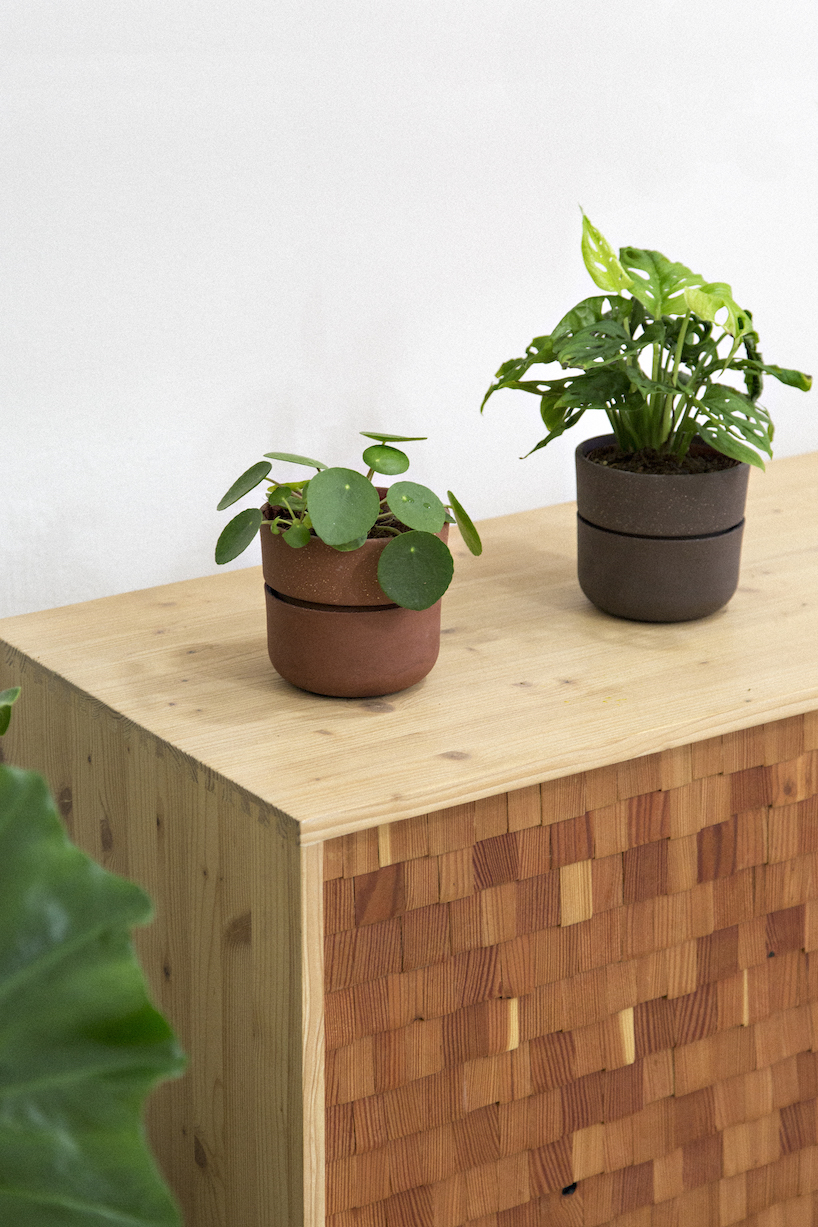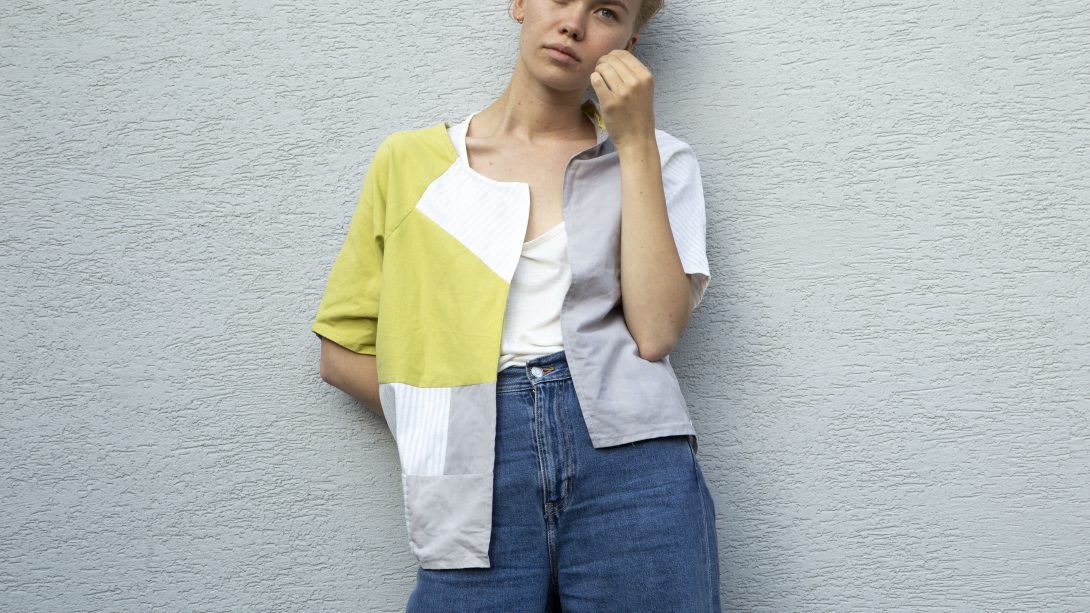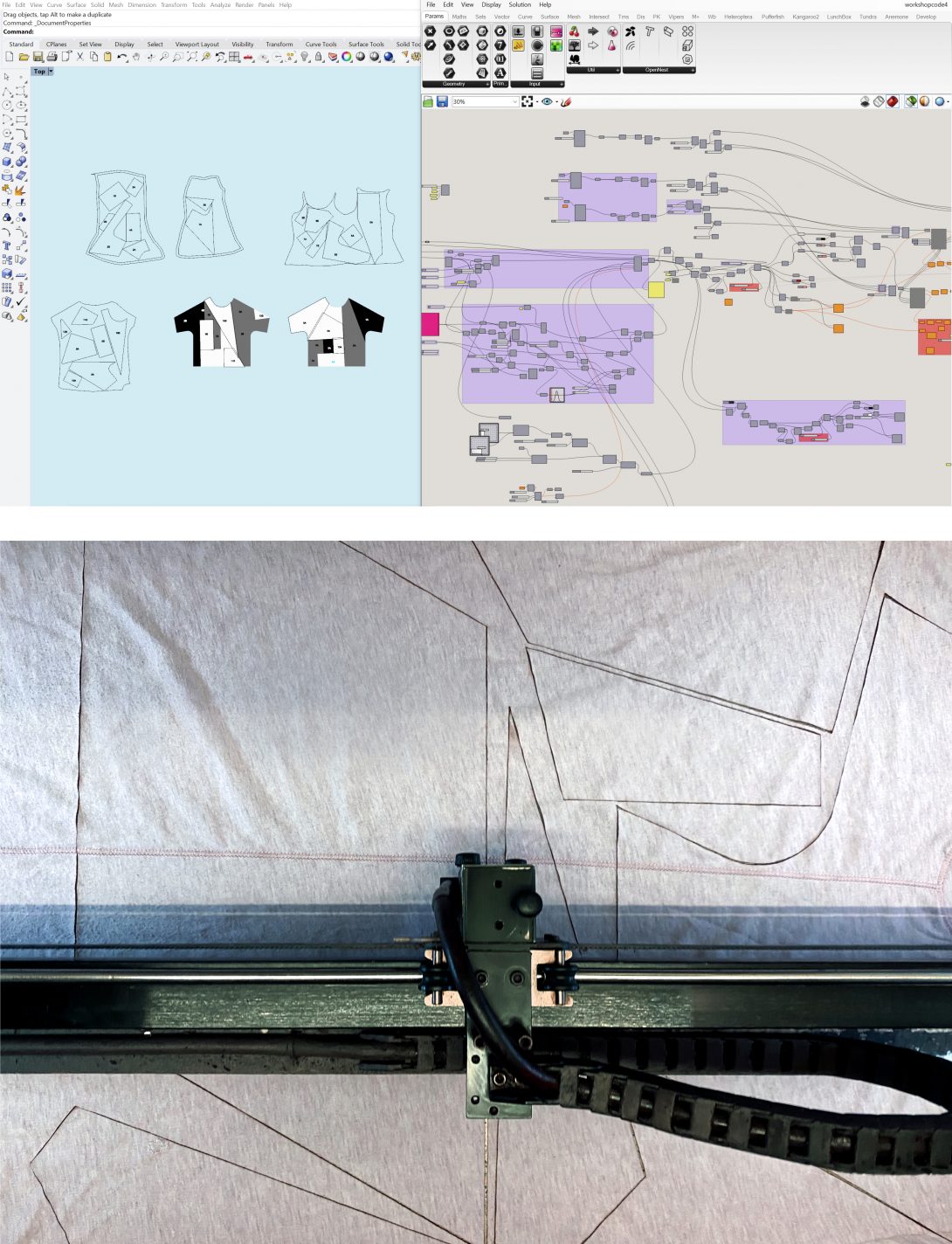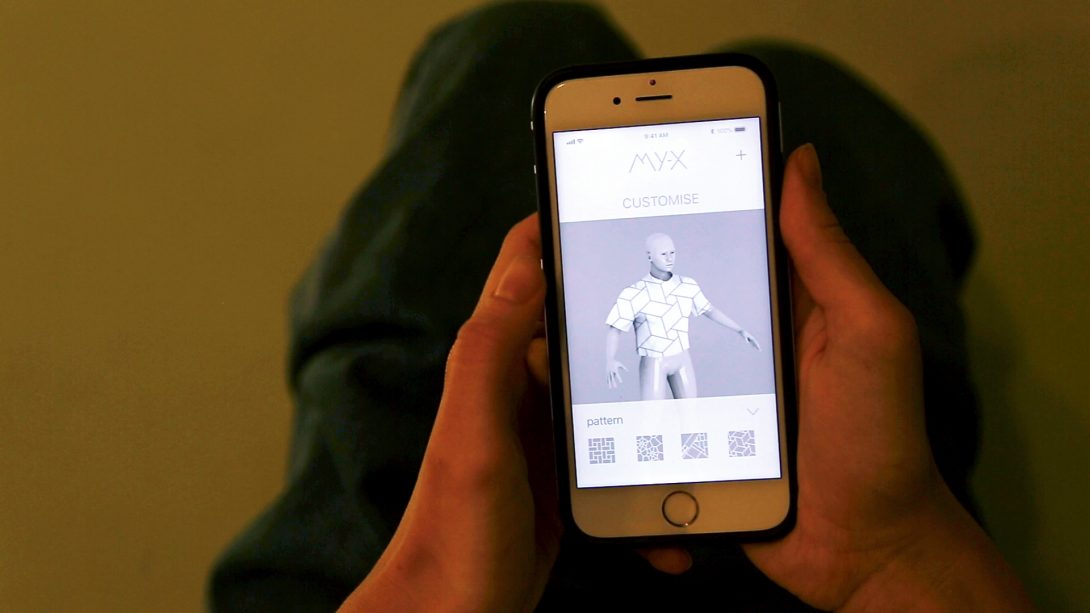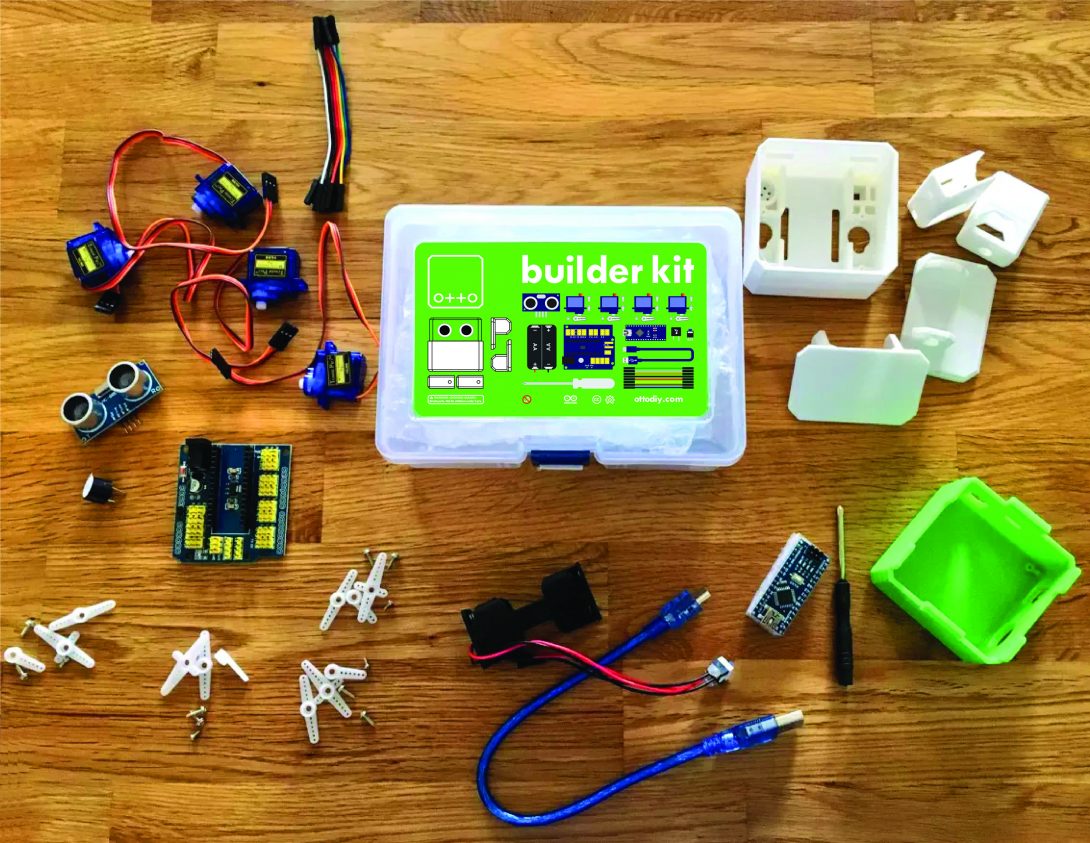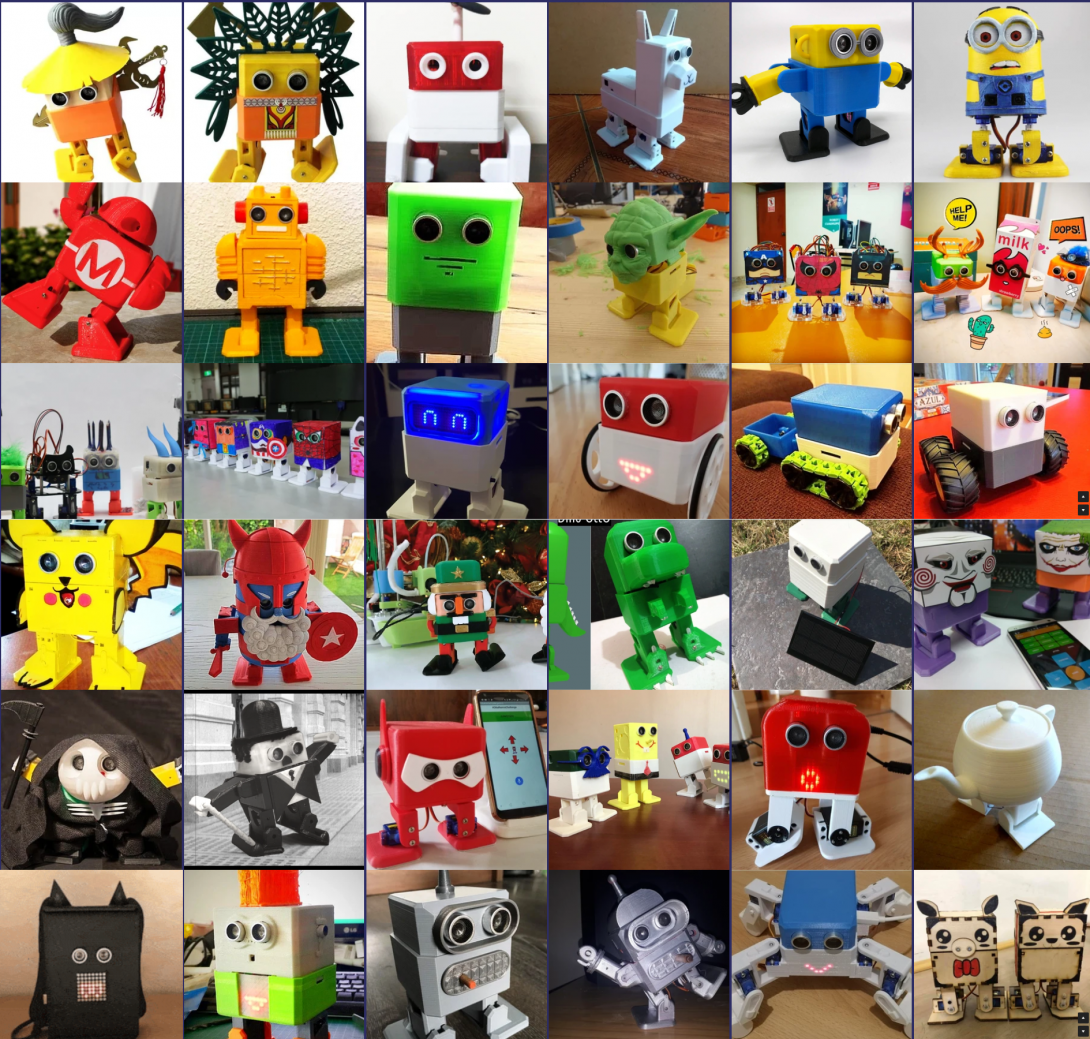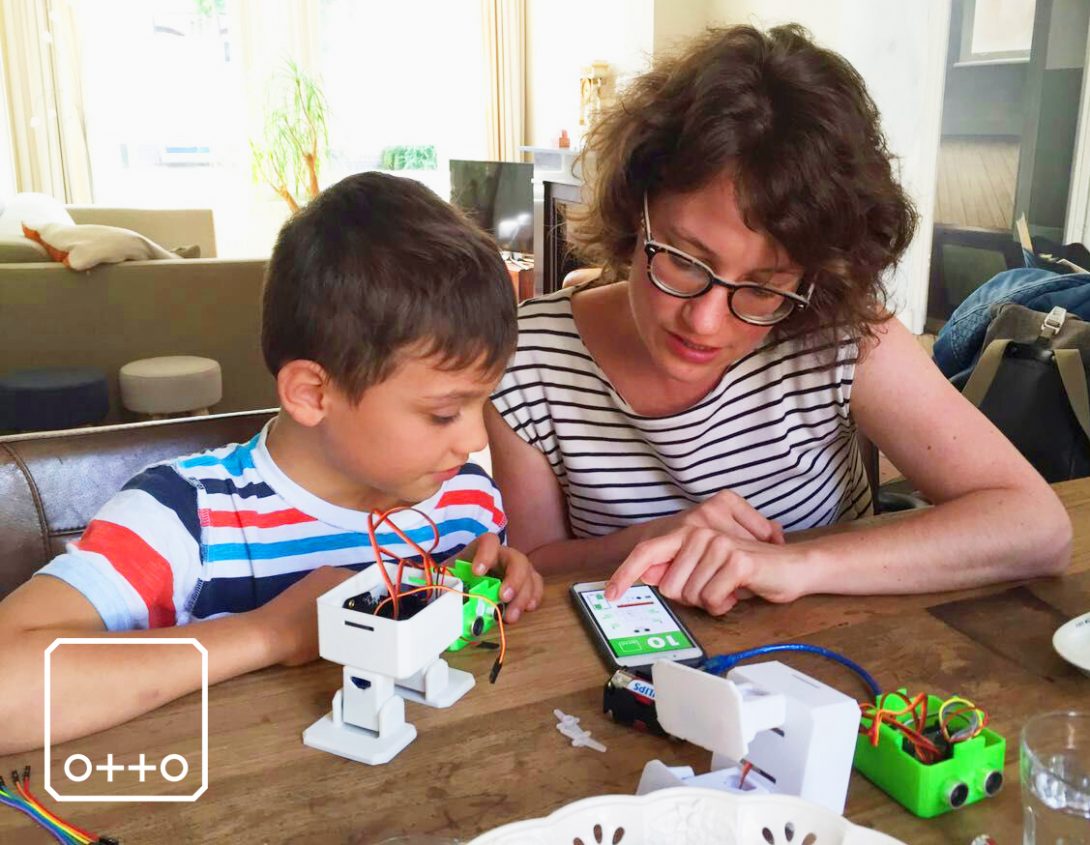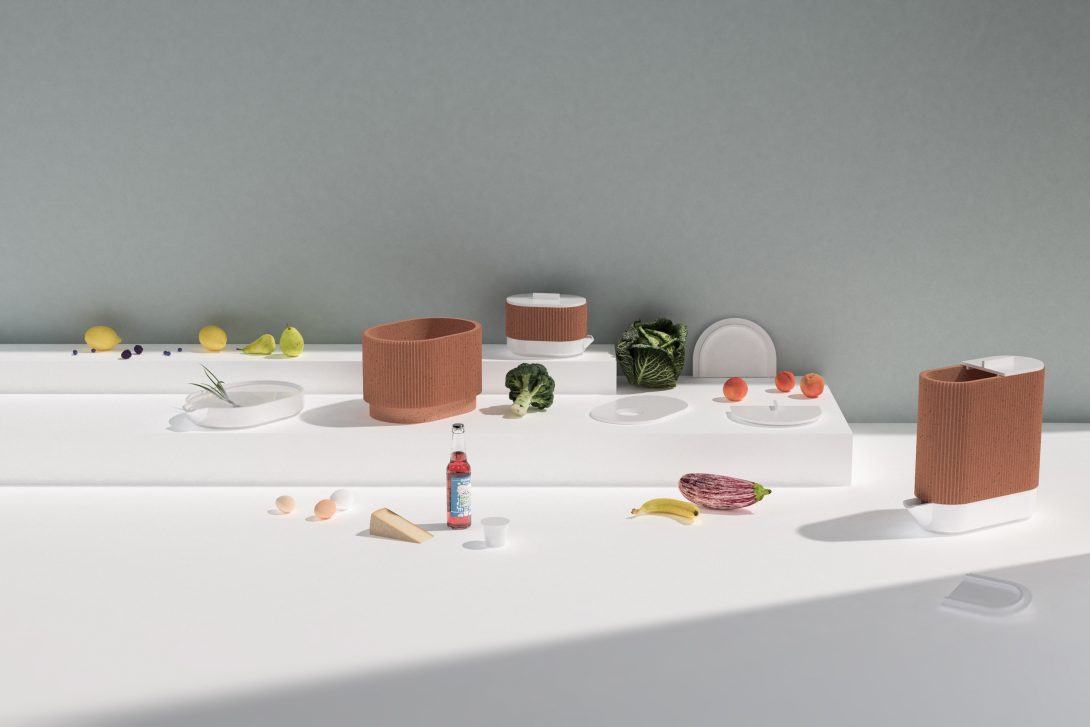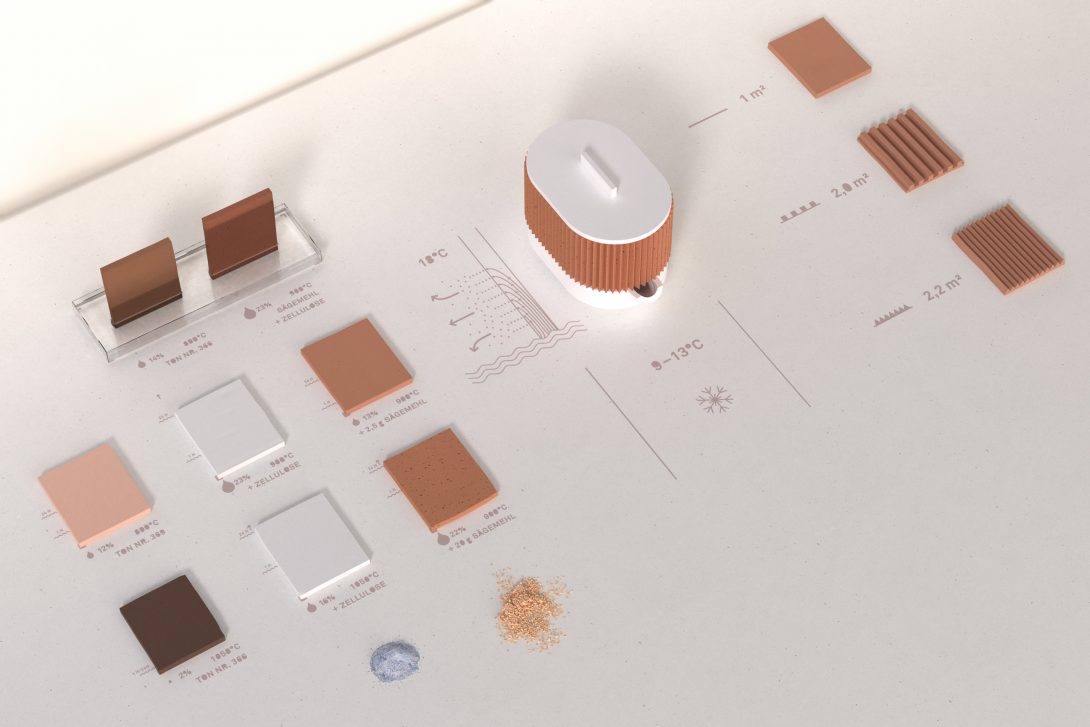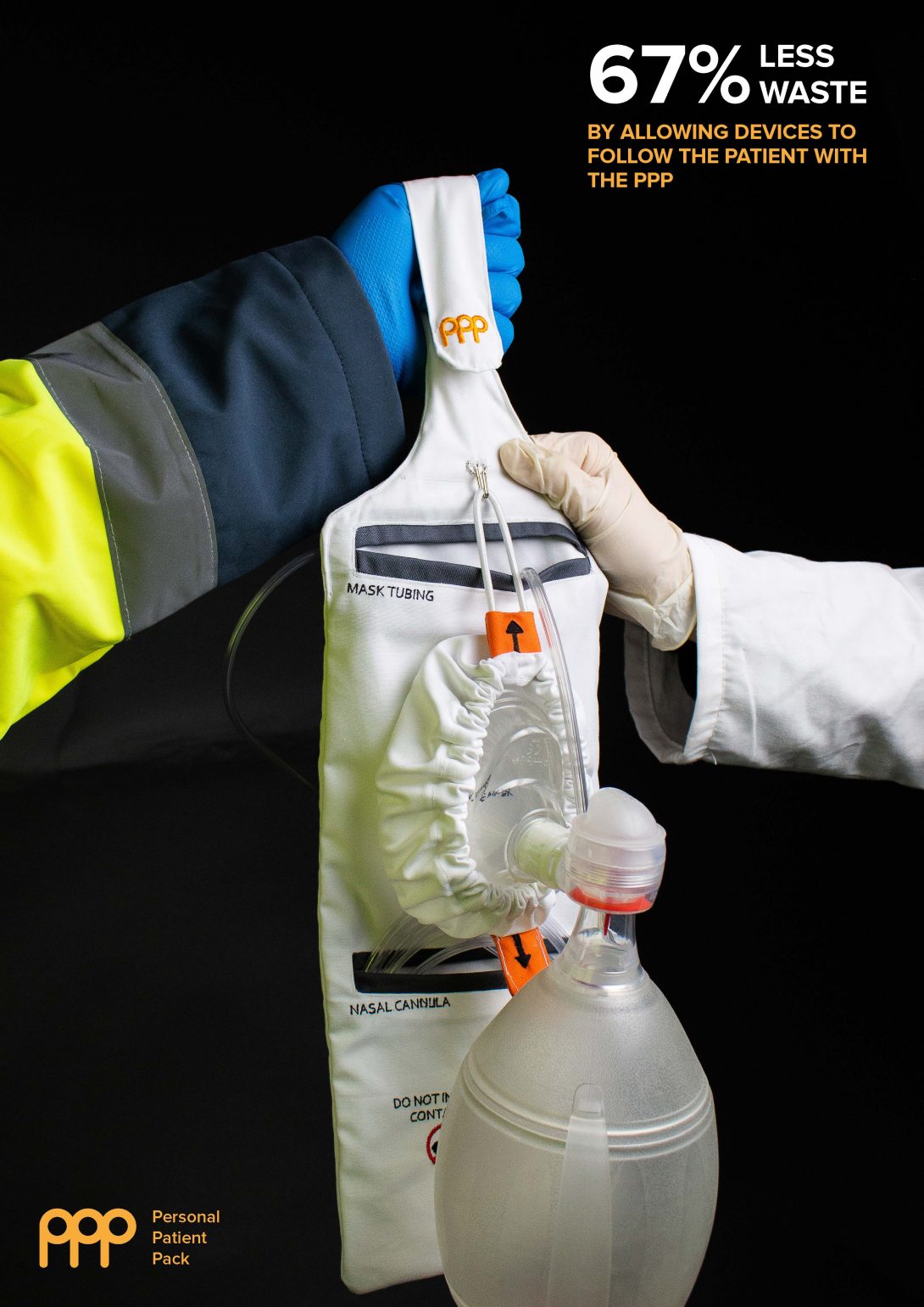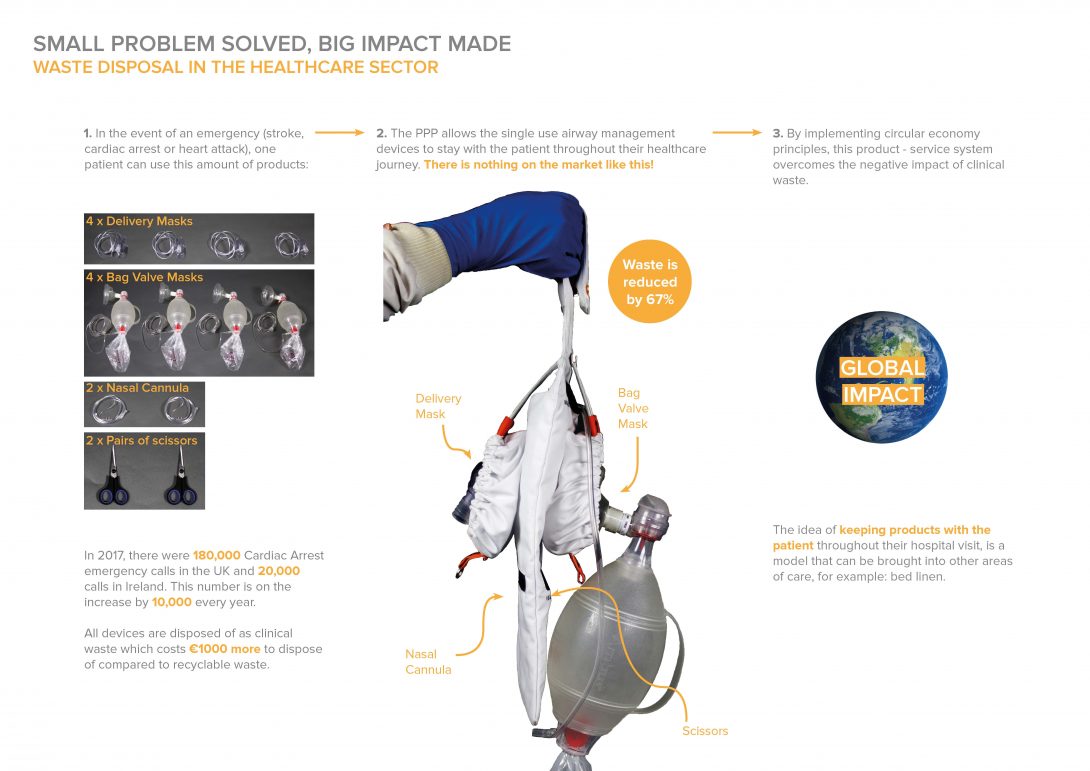Blog
After 170 open call entries, the jury has now carefully selected their favourite choices for the Distributed Design 2020 Awards. Continue reading to find out about the selected winners chosen for each category.
The Distributed Design Awards 2020 celebrate the most innovative, supportive and sustainable design across Europe. This year consisted of the categories Future Thinking, Cultural Significance, Circular Design, Adaptable and Open Design, Sustainable Production, Design for Emergency and Project Excellence. Each of the 170 entries consisted of inspiring responses carefully articulated to the principles of Distributed Design. Our advisory board selected the final winners in the judging process. The advisory board consists of Nadya Peek (HCDE), Liza Chong (The Index Project), Primavera de Filippi (Berkman Klein Centre, Harvard), Guillaume Charny-Brunet (SPACE10), Daniel Charny (Fixperts) and Alysia Garmulewicz (Materiom). Below lists the winner of each category.
Selected winner for ‘Project Excellence’
‘The project recognised as best among all the projects’ with the prize ? €2.000 project funding + mentorship session with The Index Project.
CORE RELIEF
Designed by LATRA, Aris Papadopoulos and Evi Pappa from Greece. CORE RELIEF are universal 3D-printed open-source humanitarian products manufactured by refugees in a camp in Lesvos. The products recycle thirteen aid products which are distributed by humanitarian agencies into intelligent, new designs using 3D-printing. The products include ‘smart links’ which convert shelters into tables, umbilical clips to prevent infection in babies and a kit for disinfecting and saving water. CORE RELIEF products are a sustainable answer to the financial, material and environmental waste produced by the discarded plastic humanitarian aid products distributed during disasters globally.
Selected winner of the category ‘Future Thinking’
‘Design for a better future, considering social and cultural challenges and human wellbeing’ – with the prize ? of tickets for re:publica festival 2021 and travel bursary.
Waste Lab
Designed by Sonia Maria Ja?kiewicz from Poland. Waste Lab transforms local agricultural waste into new materials and products. Waste Lab targets waste streams and creates new circular loops for previously considered ‘waste’ (such as sugar beet leaves) to be transformed into new products such as packaging, building materials and leather-like materials.
The other finalists of this round were CORE RELIEF, Spirulina Society, The Hobujaama Heart and FAZ com as tuas mãos (DO it with your hand).
Selected winner of the category ‘Cultural Significance’
‘Design that embraces the nuances of distributed manufacture to produce a high-quality design product’ with the prize ? Featured Project’ on Faberin, promotion and no service fee on the product for three months.
PLÆNTR
Designed by Alexandra Strelcova and Julien Antih from Czech Republic. PLÆNTR are stylish, locally sourced planters produced almost entirely from unused ceramic waste. The designers behind this project saw the importance of positive interior spaces for positive psychological health during the lockdown, inspired by this, they worked with Studio deFORM to design four different planters to bring nature into your everyday life.
The other finalists of this round were Kairoz – Handcrafted wooden lamps, P.E.T MINI Electric Skateboard, on.entropy and LAYERS.
Selected winner of the category ‘Circular Design’
‘Design that engages circular design principles such as responsible materials and through design, is considerate of product life cycle and afterlife’ with the prize ? Business mentorship session with Paved with Gold.
MY-X
Designed by Natalia Barankova from Slovakia. MY-X aims to rebuild fashion systems built on circular, collaborative and local mass-customisation. The project uses parametric design to scan discarded pieces of clothing and upcycle the pieces into new wardrobe statements by combining pieces of clothing together.
The other finalists of this round were [ T ] Furnitures, Abrigo Studio, Camille and WOWood UK.
Selected winner of the category ‘Adaptable and Open Design’
‘Design that is made open source, is transparent and/or allows for adaptation and/or customisation’ with the prize ? Wikifactory membership and personal onboarding session.
Otto DIY
Designed by Camilo Parra Palacio, Tereza Svarcova and Ethan Clime from Czech Republic. Otto DIY is an interactive robot that anyone can build, learn to code and make their own. ‘Otto’, is a small robot which dances. This can be built and customised by the used, encouraging hands-on making and learning. Not only is it fun to use, but it is also completely open-source, from the hardware to the software.
The other finalists of this round were Alquimétricos, CLOUDS, MNT Reform, Modular Habitats, Row-Ro and Chicken coop.
Selected winner of the category ‘Sustainable Production’
‘Design that is optimised for local production in that it draws on the capacity of local materials and or knowledge, including craft or specialist processes’ with the prize ? local materials and knowledge mentorship session with Make Works.
COOLING BRICKS
Designed by Helene Lauppe from Germany. COOLING BRICKS is a ceramic cooling vessel collection that uses the principle of evaporative cooling to reduce the temperature by ten degrees. This design challenges the energy-intensive use of large-scale refrigeration and can store fruits, vegetables, butter, milk and cheese.
The other finalists of this round were JetClay, mimo, MEKANIKA and Circular Ceramics.
Selected winner of the category ‘Design for Emergency’
‘Design that successfully uses Distributed Design principles to respond to the recent COVID-19 emergency or emergencies to come’ with the prize ? an article featuring your project in the Distributed Design Book 2020.
Personal Patient Pack
Designed by Hannah Grogan and Máire Kane from Ireland. The Personal Patient Pack (PPP) allows single-use medical devices to travel with the patient, reducing waste by 67% per patient. The PPP is designed for airway management use, to move with the patient between areas, so that the equipment safely travels with the patient, rather than new equipment being used and thrown away each time. This design reimagines health and emergency care in hospitals, factoring in the circular economy in the design process.
The other finalists of this round were HelloHealth, Home.Work, Breathers and LAC.
All the projects are still available to see in our online exhibition. This year’s Distributed Design awards have been hugely inspiring and thought-provoking, intelligently responding to crises and ongoing global events. The projects stand to represent the evolving identity of distributed design principles, factoring in the circular economy and human wellbeing and the forefront of the design process.

